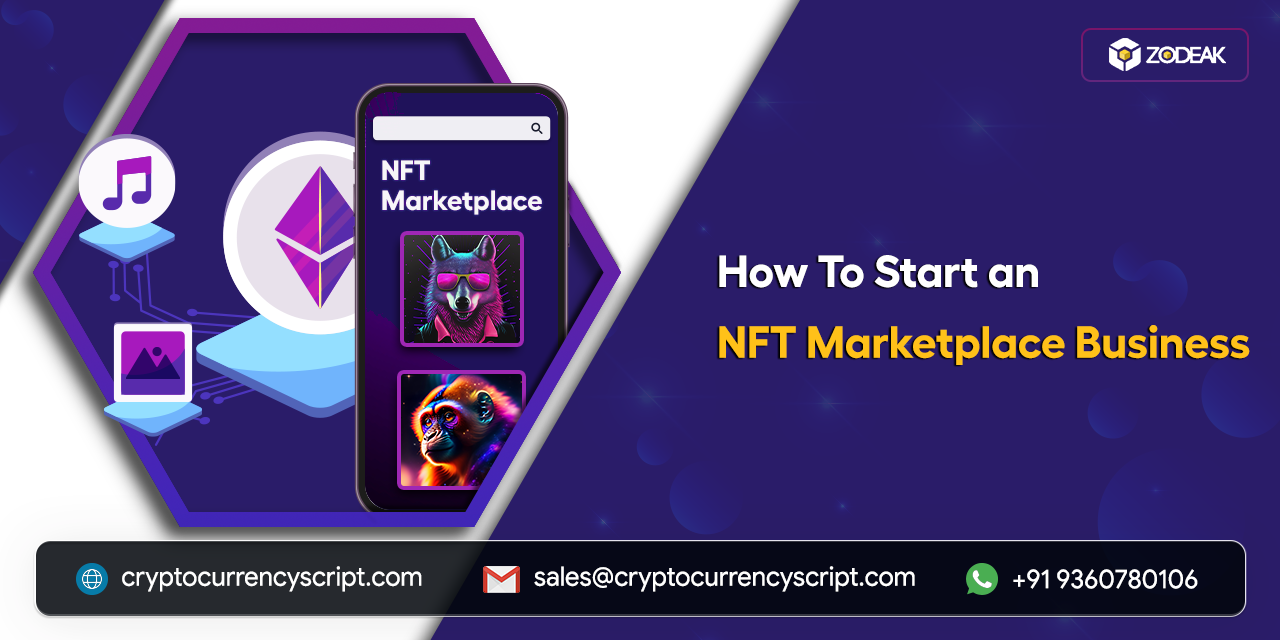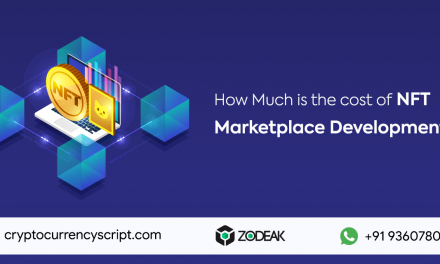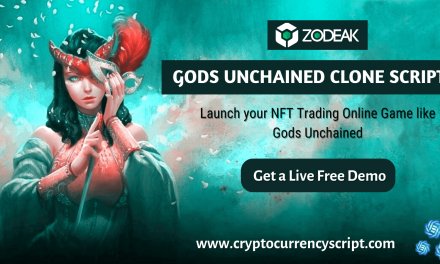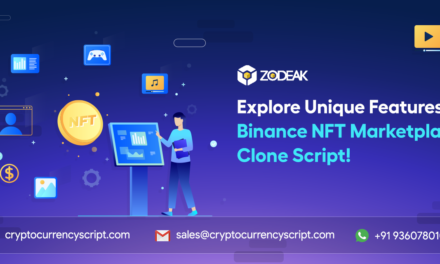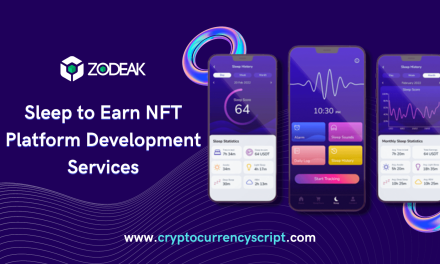Greetings to all! if you are here to know, “How to start an NFT marketplace business”, you probably already have some knowledge about non-fungible tokens. This blog is for those who are already familiar with NFTs and those who are interested in starting their business journey in this NFT sector.
Now, let’s begin…
Steps to Start an NFT Marketplace Business
A good NFT marketplace can bring significant benefits to both users and owners. Such businesses also reach greater heights when they follow the following steps. Learn below how to start an NFT marketplace business step by step.
Step 1: Market Research
Do thorough market research and analyze the current NFT market. Analyze existing marketplaces, their business model, features, user base, and types of NFTs traded. This will help you identify opportunities and determine a value proposition for your customers.
Step 2: Find Your Niche
Find the specific niche you want to focus on with your NFT marketplace. Understanding the target audience and addressing specific needs leads to the success of your platform. Conducting market research and identifying existing gaps or unexplored niches will help you make an informed decision.
Step 3: Determine Target Audience
After finding the niche, defining your target audience is crucial. Also, determining their preferences and needs is also important. Determine whether your market is going to be global or regionally limited. This will help you plan software features and marketing strategies accordingly.
Step 4: Sketch out NFT Marketplace Business Model
The NFT marketplace business model is a strategic management tool that aids in the visualization and analysis of your NFT business. It is a one-page blueprint or guide that includes your NFT trading business’s offers, value propositions, customer, cost structure, and revenue model.
Step 5: NFT Marketplace Development
This is an important part of your NFT business and half of your budget goes to at this stage. So you have to decide whether you are going for the NFT marketplace development method or ready-made software like Opensea clone script or white-label NFT marketplace software.
Building from scratch offers more space including your ideology customization, and support but requires extensive development time and cost. On the other hand, white-label solutions or clone scripts is a cost-effective solutions that you can customize and get started quickly.
Both methods require the best NFT marketplace development company to develop or provide software to launch your platform successfully.
Step 6: Database/Blockchain Integration
If you want to build a decentralized NFT marketplace platform, go for a blockchain network. Ethereum, BSC, TRON, and Flow are the most popular choices among startups. Whereas, if you want to build a centralized NFT marketplace, you should use a database like MongoDB to store the data.
Generally, blockchain is a top choice due to its inherent transparency, security, and reliability. However, it is important to assess the specific needs of your marketplace before making decisions. This includes expected transaction volume, scalability requirements, cost considerations, and development expertise.
Step 7: User Experience
Designing a unique and user-friendly interface platform is crucial. This ensures users will easy to navigate, create, buy, and sell NFTs without any hassle. Most importantly provide essential features such as
- Search, filter, & category
- Detailed NFT descriptions
- Auction & Bidding option
- Storefront
- NFT Listing
- Listing Status
- Service desk
- Rating & Review
Step 8: Payment Gateway Integration
Determine the payment option for your users, including cryptos, fiat currency, and other methods such as PayPal, Stripe, and Visa. Ensure that your platform payment gateway seamlessly integrates with various payment methods and supports multiple currencies.
Also, this can be easily done once you decide whether your NFT marketplace business operates globally or in a specific region.
Step 9: NFT Marketplace Security Features
Since millions of users will be using your platform in the future, security should be your top priority in your NFT marketplace. Therefore, implement high-quality security features and measures to protect users’ funds, their information, and their transactions.
Some essential security measures you should put in place are:
- Plagiarized NFT
- Phishing Attacks
- Secure User Authentication
- Smart Contract Audits
- User Privacy
- Encryption and Data Protection
- Two-factor authentication
- Regular security audits
- Secure data storage
Step 10: Legal and Regulatory Compliance
Legal and regulatory requirements for operating your NFT marketplace can vary depending on the region. While I can provide you with some general considerations, also it’s important to consult with a legal professional for better clarification.
Here are some common legal requirements for NFT businesses to consider:
Business registration with appropriate government authorities and obtaining necessary licenses and permits to operate as your NFT marketplace.
Consumer protection laws such as providing clear terms of service, refund policies, and privacy policies.
Intellectual property rights to prevent the sale of counterfeit or infringing NFTs. And establish policies and procedures for handling copyright claims and takedown requests from copyright holders.
Anti-Money Laundering & Know Your Customer helps you verify users, track transactions, and block suspicious activity.
Securities Regulations for NFTs traded on your platform are considered securities under local laws, and you may be required to comply with that region’s securities regulations.
Taxation, including sales taxes, income taxes, and specific tax laws applicable to digital assets and cryptocurrencies.
Financial regulations such as obtaining necessary licenses to handle fiat currencies or working with regulated payment processors.
International considerations such as export controls, cross-border data transfer regulations, and compliance with laws in multiple jurisdictions for your NFT marketplace operates globally.
Note: Keep in mind that these are general guidelines, and specific legal obligations will vary significantly depending on the region in which you operate your NFT marketplace.
Step 11: Marketing and Promotion
Developing an effective marketing strategy to attract content creators/artists and buyers to your NFT marketplace. Use social media channels, influencer collaboration, content marketing, and targeted advertising campaigns to increase visibility and user acquisition.
Here are some of the marketing tips below that you can implement:
Identify your customer Segments, such as digital artists, collectors, and enthusiasts. And understand their needs, and preferences, and motivates them through messages effectively.
Highlight the value proposition of your NFT marketplace to create a unique brand identity that resonates with your NFT community.
Make use of social media platforms (Facebook, YouTube, Reddit, Instagram, Pinterest, etc) for your NFT business. Share engaging content including artist spotlights, NFT collection showcases, tutorials, and industry news.
Collaborate with influencers and creators through sponsored posts, partnerships, and exclusive drops in your marketplace. And encourage them to share their experiences, develop unique features and demonstrate successful sales.
Content Marketing to create a blog or resource center to educate and inspire NFT creators and buyers. Also, establish your marketplace as an authoritative source of NFT-related information.
These are some tips to improve your NFT market. However, there are many techniques like partnerships, integration, community building, targeted advertising, etc.
Note: Keep in mind that the NFT market is dynamic and expanding quickly, so it’s important to keep up with emerging platforms, user feedback, and trends to stay on the competitive edge.
Step 12: Revenue Model of NFT Marketplace Business
This is the final step in determining the return for your NFT platform. The revenue streams will vary depending on the specific features, target audience, and business model of the NFT marketplace business. The selection of revenue streams should be consistent with the value it provides to its creators and collectors.
Some common revenue streams that you can include in your marketplace are
- Transaction fees
- Listing fees
- Premium features for creators
- Partnerships with brands or sponsors
- Secondary market transaction fees
- Licensing and royalties
These are the steps you need to follow to build your NFT business. I hope you get some insight on how to start an NFT marketplace business. By following these steps and constantly adapting to market needs, you can build a successful marketplace in your chosen niche.
If you feel you are still scratching the surface, you can anytime contact Zodeak NFT marketplace development expert to have depth knowledge and get an unbiased solution for your business.

